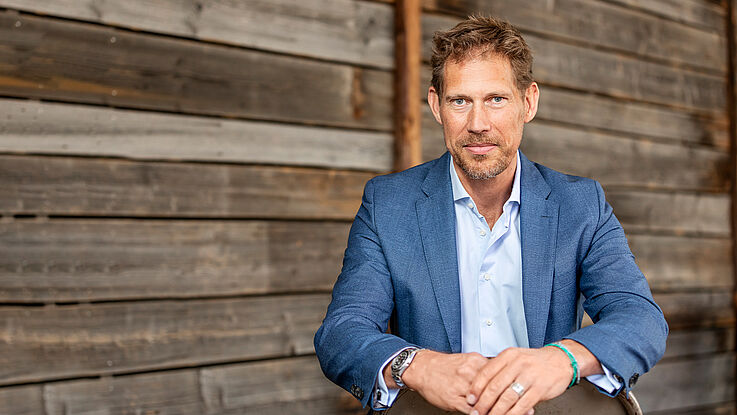The wheel of leadership – easy and efficient
When someone is promoted to a new leadership role, there is often a list of tasks that the candidate must fulfill. "This ignores what is really necessary for the new leader. Too often management looks in the rearview mirror to understand what the company needs for the road ahead. The real test of a candidate's future performance is the degree to which he or she is prepared to lead the company tomorrow, not yesterday," explains Roel Schaart.
As before, new leaders are trained primarily on the "how" and less on the "who." This often means that many things are doomed to fail in advance. In this context, Roel Schaart raises three questions that management should ask itself: "How to support leaders in a transition into a higher level? What are the best steps to coach, mentor, and prepare leaders? What are simple strategies to make the transition effective, efficient, and easy?"
Roel Schaart has worked for a large corporation himself and had to prepare his successor for the role of a leader. He reports from this time: "The HR department handed me a script that listed what my successor had to do. But how the successor was to be integrated, aligned, and connected to my team was not part of the plan." As a result, his team at the time could not cope with the new leader. "If the promotion to a new leadership role is not thought through and human aspects are not taken into account, this leads to dissatisfied employees who do not perform well and, in the worst case, even quit," Schaart points out. Another negative effect of not preparing a new leader sufficiently is that in many cases he or she will stay for a few years at most.
Organizations do not focus enough on the best way to move existing leaders into new roles. Often these leaders fail in their new positions and have to be replaced. "I help my clients in the transition to their new leadership role with a very simple model: the wheel of leadership. This helps to find out what is most important for you in your role, where your current level of experience lies and how big the gap is that you need to close in order to be as effective as you need to be," concludes Roel Schaart.
« Back